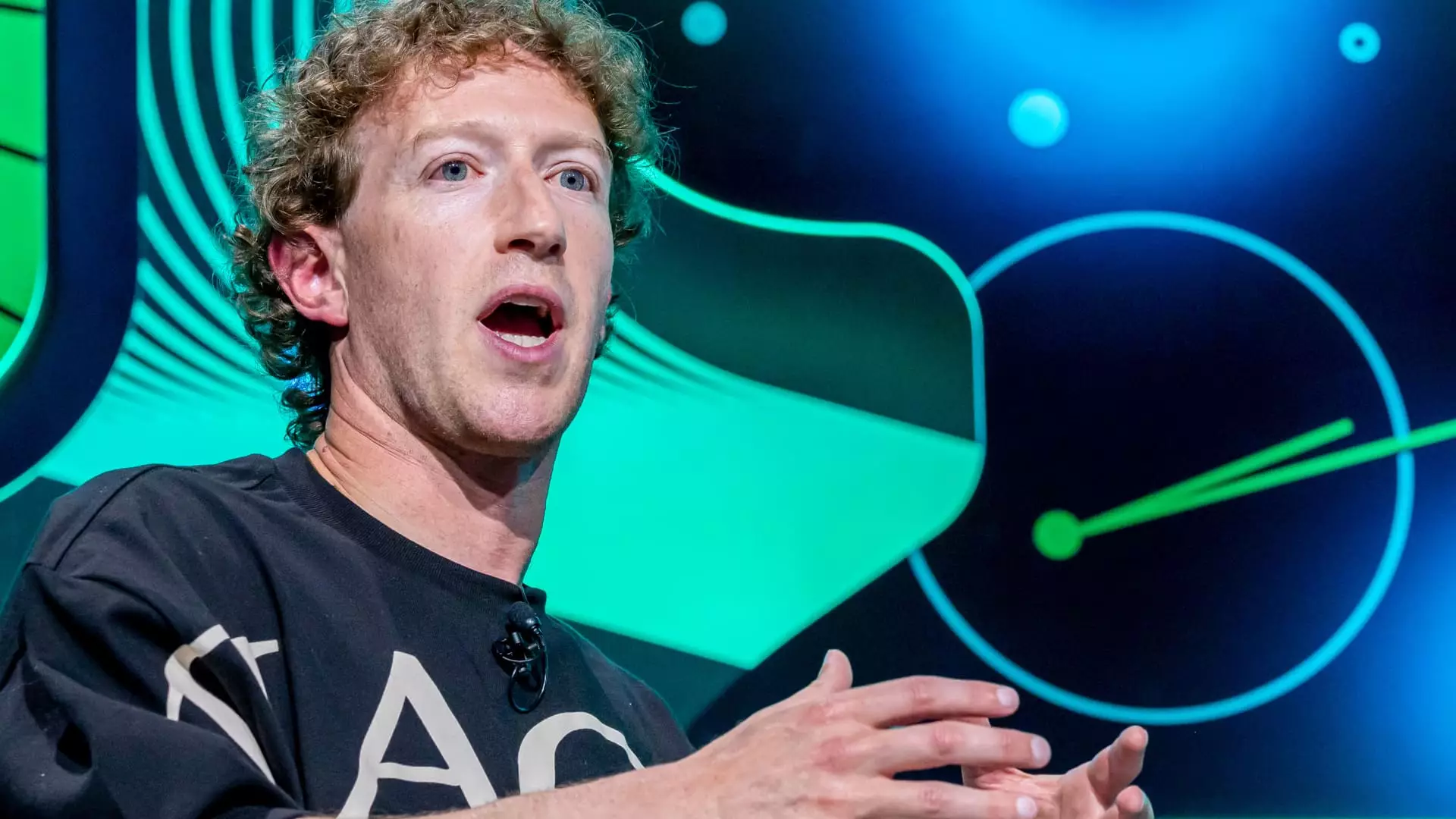In a significant reconfiguration of its content moderation practices, Meta, the parent company of Facebook and Instagram, has announced a shift from its third-party fact-checking program to a model centered around user-generated content called “Community Notes.” This change, described as an effort to “restore free expression,” signals not only a departure from previous policies but also reflects an alignment of sorts with the sentiments of the politically conservative spectrum, particularly in light of the impending presidential administration of Donald Trump.
Community Notes will operate on the principle of crowd-sourced context, allowing users to write and evaluate the credibility of content across Meta’s platforms. This model is akin to the system used by X (formerly Twitter), which is owned by Elon Musk, who has been vocal about free speech. Meta’s transition to this approach indicates a growing trend among technology companies to decentralize the control over information and allow users a more pronounced role in vetting the content shared within their networks.
In a video announcement, Meta CEO Mark Zuckerberg articulated the rationale behind this pivot, declaring that “it’s just too many mistakes, and too much censorship.” By embracing a user-focused model, Meta aims to reduce perceived biases that have marred its reputation, particularly in the eyes of conservative users who have long accused such platforms of ideological censorship.
Alongside the introduction of Community Notes, Meta intends to simplify its content policies, particularly on contentious topics like immigration and gender issues. This simplification could render content moderation less subjective and potentially more transparent. The company’s new enforcement strategy plans to focus predominantly on illegal and severe violations, leaving room for a broader array of speech that adherents may feel was previously stifled.
Interestingly, Meta’s relocation of its trust and safety teams from California to Texas indicates a strategic maneuver to align its operational philosophy with states that lean more Republican. This geographical shift may be more than just logistical; it can also be seen as a symbolic embrace of a political ideology that prioritizes free speech over content moderation, echoing the criticisms faced from conservatives.
There is also a political dimension to Meta’s new direction. With the incoming Trump administration, the relationship between Meta and key conservative figures is becoming more salient. Zuckerberg’s close rapport with Trump and other Republican leaders suggests that Meta is seriously courting favor from an administration that has been openly critical of social media companies in the past, particularly concerning allegations of bias against conservative voices.
Joel Kaplan, the newly appointed head of global policy at Meta, played a significant role in the Obama and Bush administrations and has long been entrenched in the Republican sphere. His appointment is indicative of Meta’s intention to recalibrate its public image among conservatives and potentially reshape its policies to echo the new administration’s philosophy on free speech.
Responses to Meta’s announcement have been mixed. The company’s Oversight Board, responsible for reviewing its content moderation practices, welcomed the shift, emphasizing the importance of building trust and allowing users a stronger voice on the platform. Meanwhile, critics, including Federal Trade Commission Chair Lina Khan, express concerns over the potential ramifications of a single company’s decisions on public discourse. The idea that Meta’s policies might foster a less regulated form of dialogue online raises questions about the implications for misinformation and harmful content.
Moreover, Republican lawmakers have long scrutinized Meta and similar platforms, accusing them of silencing conservative viewpoints. By adopting a model that grants users more authority, Meta could potentially alleviate some accusations regarding bias and censorship, thereby seeking to foster a more balanced online environment.
Meta’s recent announcements appear to signal a transformative phase in the company’s approach to content moderation and user interaction. As this model rolls out across the U.S., its effectiveness in enhancing user engagement without compromising public discourse’s integrity will likely be closely monitored.
The upcoming months will be pivotal for evaluating whether this reorientation towards constitutionally protected speech genuinely dismantles the barriers erected by prior censorship or inadvertently opens the floodgates to unchecked misinformation. As Meta seeks to balance free expression and the need for responsible content moderation, the outcome may reshape the landscape of social media in ways that echo broader cultural divides in American society. In this evolving narrative, the accountability of platforms like Meta will be scrutinized more than ever, amidst the backdrop of political influences and user expectations for a digital public square.

